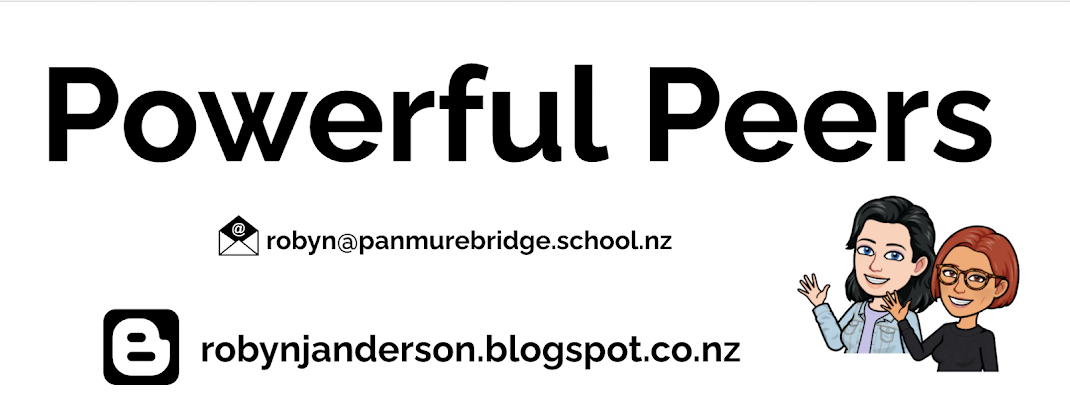I have chosen to measure student self efficacy levels in writing using the self evaluation attitude questions asked of them at the start of the Writing assessment. 'Very Unlike Me' is the weakest indication of the attitude domain, so it is marked as 1. 'Very Like Me' is the strongest indication of the attitude domain, so it is marked as 4 (e-asTTle help site).
This data shows is that my learners don't like writing at school, they don't believe they are good at writing and worryingly, most think I don't think they are very good at writing. While it is affronting to read, the data gives me a great starting point to help shape the changes I need to make in my teaching practise to increase student self efficacy in writing.
'For Reading, Maths and Writing there are multiple sets of attitude questions available. You can choose which set you would like during the test creation process. The relationship between motivation, interest, self-regulation, and engagement towards a subject, and the achievement in a subject is valuable information that you can use to further understand some of the factors that make up your students’ learning' (e-asTTle help site). In searching for further information on these questions I discovered a wider selection of questions (link here) that I will ask my learners via a google form. It will be interesting to see if their opinions change outside of testing conditions.
The Research and Work Programme Summary Attitude Domains in e-asTTle paper is a downloadable PDF that explains these domain this further.
March 2018 Update:
March 2018 Update:
This chart represents the data analysis of e-asTTle writing following the beginning of the year assessments. The trends/gaps were analysed across the Y7/8 cohort by Kiri Kirkpatrick and myself, and will be used to inform our planning to help us meet the learning needs of the students we teach.

No comments:
Post a Comment